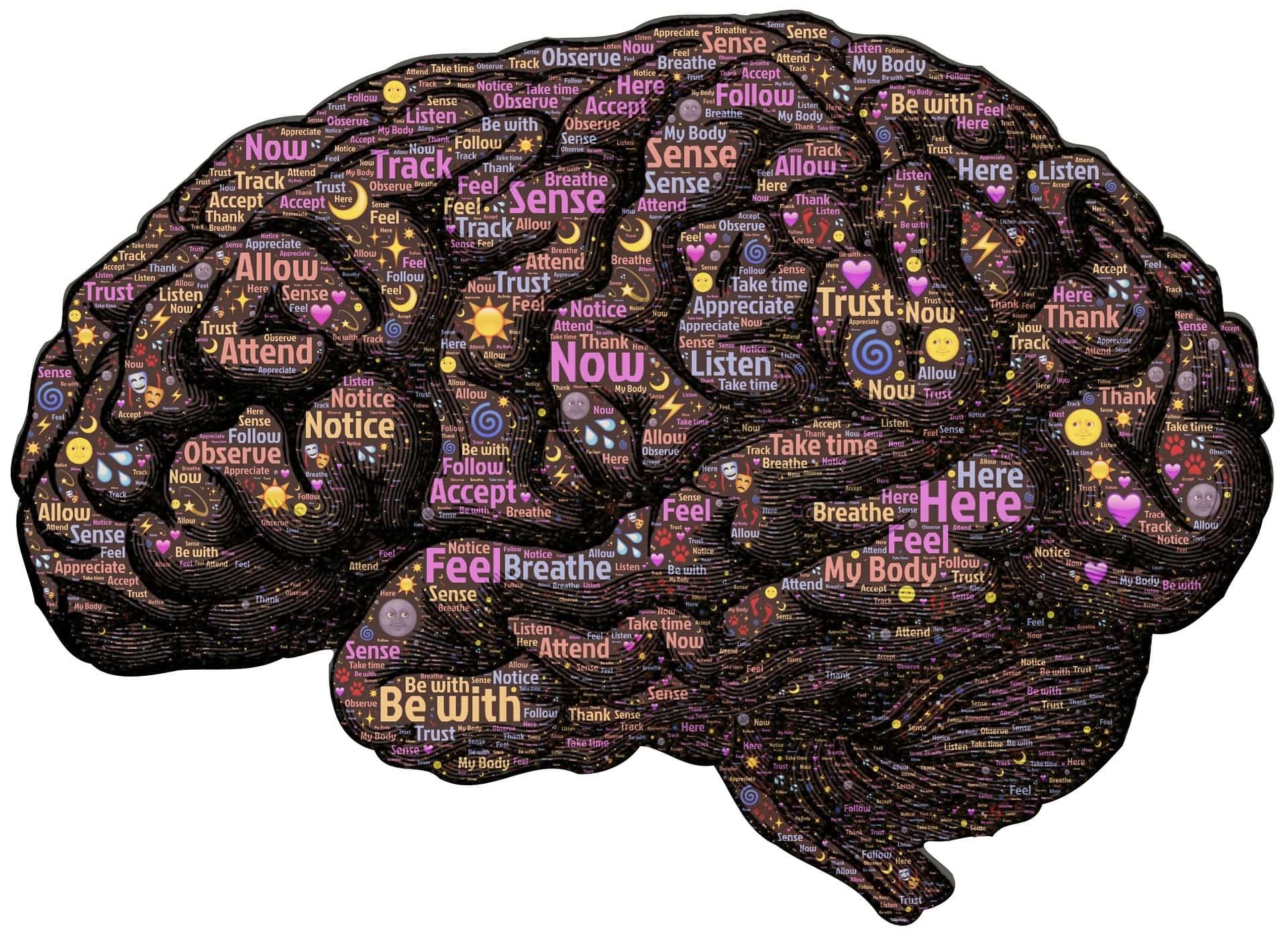Scientific research has connected brain health and disease conditions to the micro-organisms in the gut, making up the microbiome system. These digestive microbes are considered our “second brain,” and play a most important role in the immunity and inflammatory responses in the body.
The microbiome system has 100 trillion microbiol cells making up about 4 pounds of our body weight. Many of the bacteria are beneficial, and others are not. This ‘organ’ is symbiotic in nature, and as unique as a fingerprint. It is extremely ‘Conscious” of any bodily functions and changes due to our food intake, our stress, and our environment. Any emotional reaction can even set up an imbalance. There are several types of bacteria in the microbiome system, and one type can even be a cause for weight gain.
The dysfunctions that can occur in the body when the microbiome system is out of balance are: cancer, diabetes, allergies, ADD and ADHD, depression, autoimmune disorders, dementia, Multiple Sclerosis and Alzheimers’ disease to name a few. Our mood, libido, perception of the world, and clarity of thought, are all enhanced by our friendly bacteria in the gut. 80% to 90% of the ‘feel good’ hormone called serotonin in the body, is manufactured by the gut nerve cells.
There is much research in progress about where and when the microbiome develops, and how it influences health. Mr. Trivedi states the beginning of its development is in the sperm and ovum from the male and female, at conception. The growth of the microbiome system begins here; the health of the parent’s microbiome, is passed on to the child. A child also receives different bacteria as it moves down the birth canal, compared to a baby born by caesarian. In the birth canal, the baby is exposed to beneficial Lactobacillus bacteria, which helps in the digestion of milk sugar or lactose, as fuel. A baby born by C-section, has bacteria similar to those found on the skin, dominated by potentially harmful Staphylococcus. Whether the baby is breast fed or formula fed is also an important factor. It seems to affect the set point for inflammation. You can always change your inflammation set point, anytime by lifestyle changes.
The relationship between the gut and brain is bi-directional. The Vagus nerve is the longest of the cranial nerves and communicates with our intestinal and central nervous system. The microbiome gatekeepers, will cause an immune response when encountering a substance that is not beneficial. If the immune response is chronic the inflammatory cytokines, small proteins that affect the behavior of the cell, send the system into high alert. Chronic response results in chronic inflammation leading to heart and brain diseases. Good bacteria initiates an opposite response. It minimizes the bad bacteria, turns off the chronic immune response; and minimizes the production of inflammatory cortisol and adrenaline, two hormones that contribute in inflammation when the immune system overreacts.
The main factors affecting the microbiome in the body are:
Exposure to any substance that affects or kills the bacteria colony. This includes environmental ingredients in food, water and drugs.
For a healthy microbiome the right nutrients that feed the healthy bacteria are needed.
Stress is a very important factor, in the production, perception and the reaction of the microbiome.
Scientists are discovering that chronic illness is continuing to rise; particularly in western societies where we have more sterile living conditions. For centuries our lifestyle was agriculture and often less hygienic. Our microbiome has changed significantly due to our low fiber diet, higher sanitation, and use of antibiotics. These changes have made our microbiome less diverse; causing dysfunction in its effectiveness.
Research has provided some solutions to building a healthier microbiome. One is the introduction of prebiotics before a meal, with foods such as asparagus, dandelion greens, garlic, artichoke, raw and cooked onion. They reduce inflammation, help the absorption of minerals, and feed the healthy microbiome.
Probiotic foods should include kefir, live cultured yogurt, kombucha tea, tempeh, Kimchi, sauerkraut, garlic, pickles and pickled fruits and vegetables, to name a few.
Vitamin D3 is also the key to keeping our brain and gut healthy. It is the receptor in every cell, making all systems in the body function properly. Vitamin D3 is actually a hormone, not a vitamin. It regulates the enzymes in the brain and spinal fluid, protects the neurons and reduces inflammation. This is all regulated through the gut bacteria. In 2010 scientists discovered that the gut bacteria interact with vitamin D3 receptors, controlling them to increase or decrease and their activity. It is suggested that we get our Vitamin D3 levels tested, as up to 70% of our population has a Vitamin D3 deficiency. The Trivedi Effect, harnessing the Life Force, is scientifically proven to raise vitamin D3 levels in living organisms.
Dr. Balfour Sartor, a professor of medicine and immunology at the University of North Carolina predicts a time when synthetically created bacteria would be given to treat people ailing from chronic inflammatory conditions. These probiotics would repopulate the gut in a targeted manner, depending on the disease condition.
There are experiments where harvested microbiome are introduced into the gut, with very promising results. Scientists performed trials in inflammatory bowel disease [IBD] and ulcerative colitis called Crohn’s disease; introducing microscopic eggs of pig whipworm to diminish the symptoms. The exposure of these eggs restores balance to the microbiome that are lodging on the intestinal wall. These ‘parasite’ therapies are gaining popularity in the treating of these disease conditions.
Understanding the microbiome is fundamental to human’s health. We can no longer blame just germs and genetics, for our chronic diseases, that disable the brain and neurological pathways, for it involves the whole system. We have discovered that the microbiome dominates, defines and orchestrates how the body system performs; in health and in disease!





